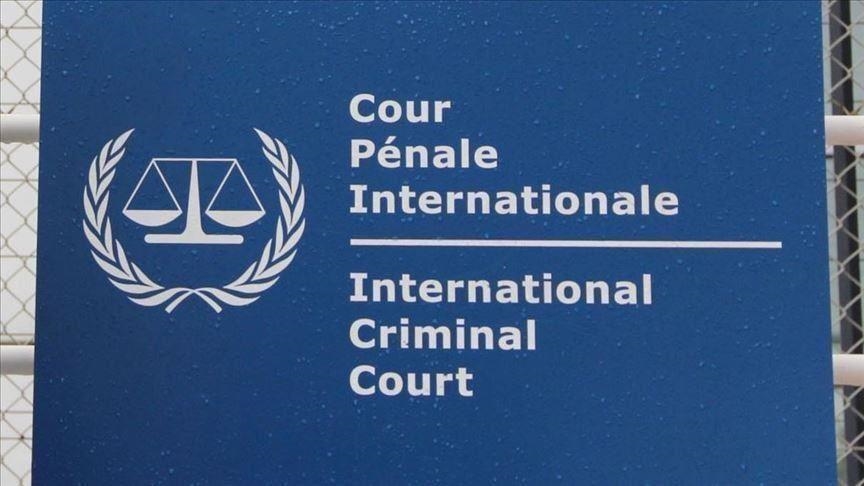- Details
- East Africa
- 920
KIGALI, Rwanda
The appeals chamber of the International Criminal Court (ICC) in The Hague on Monday rejected a decision to award a record $30 million in compensation to child soldiers and other victims of Congolese warlord Bosco Ntaganda, who was convicted of war crimes and crimes against humanity.
Ntaganda was sentenced to 30 years in prison in 2019 for murder, rape and other atrocities committed in Ituri province in eastern Democratic Republic of Congo in 2002-2003, when he was the military leader of the Union of Congolese Patriots (UPC) militia.
A lower court in March last year ruled that Ntaganda should pay reparations of $30 million to his victims, the highest such amount ever ordered at the ICC.
But both the legal representative of the victims and Ntaganda appealed.
Reading the judgment Monday, presiding Judge Marc Perrin de Brichambaut said the appeals chamber “found several errors” in the lower court’s decision.
The lower court “did not make any appropriate determination in relation to the number of potentially eligible or actual victims and failed to provide an appropriate calculation, or set out sufficient reasoning, for the amount of the monetary award against Mr. Ntaganda,” he said.
The appeals judges sent the case back to a lower court to deliver a new ruling on the amount of reparations.
It is difficult to estimate the number of child soldiers in the volatile eastern Democratic Republic of Congo, according to child activists.
While some may be abducted by force, others reportedly join voluntarily.
Around 2,253 children were separated from armed groups in the country in 2018, 3,107 in 2019, 2,101 in 2020 and 957 in the first nine months of 2021, according to the child protection section of the UN. By James Tasamba Anadolu Agency






